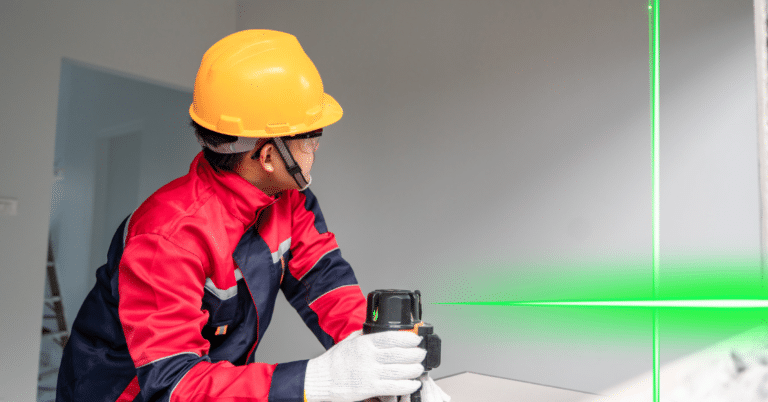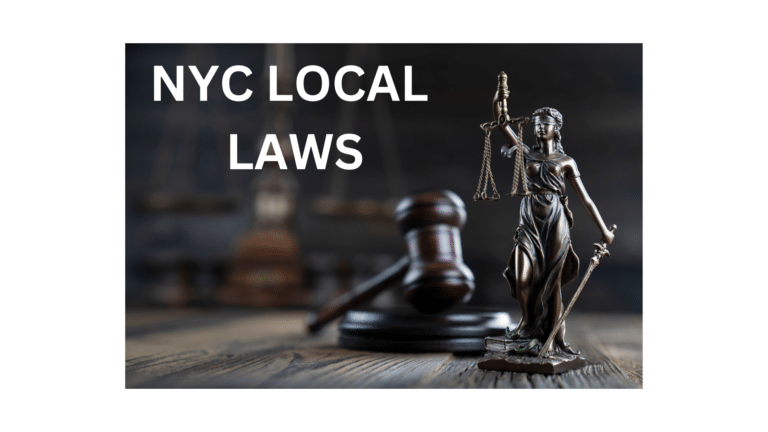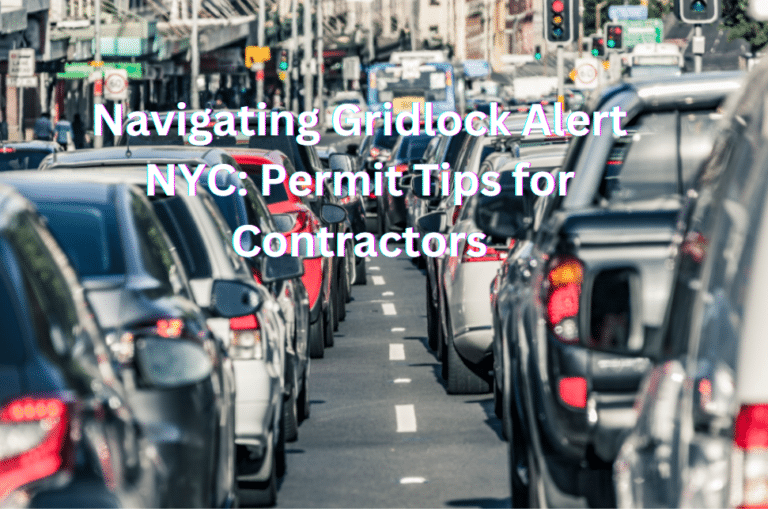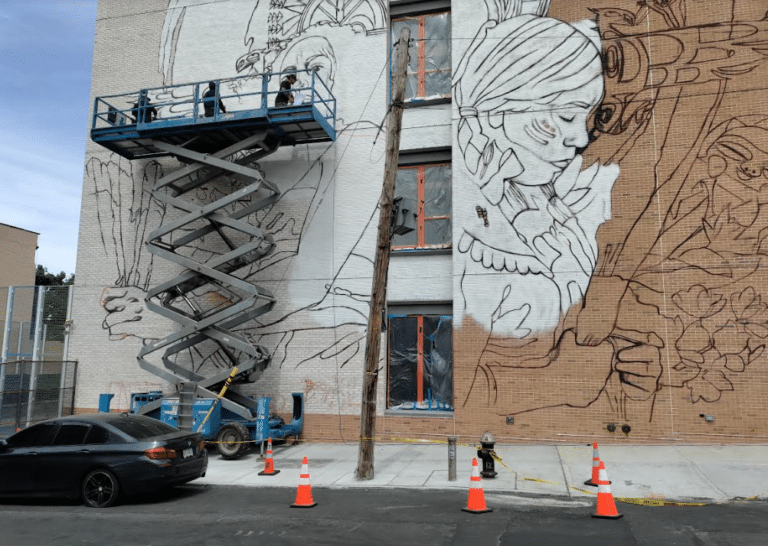Last Updated on March 12, 2025 by Jeffrey Calderon
Why Do You Need a NYC Permit Expeditor?
Struggling to navigate the NYC permitting process?
When planning a construction or renovation project in New York City, it’s important to understand what an expeditor is and how much they cost.
A NYC Expeditor is experienced in quickly navigating the regulatory process of obtaining permits and licenses so you don’t waste valuable time.
With their years of experience and expertise, they help streamline the laborious permit application process, eliminating tedious paperwork that can bog down your project timeline.
They work with multiple city agencies such as Landmarks, FDNY, DOT, and DOB to review every aspect of your proposal from top to bottom, meaning there are no surprises regarding inspections or approvals.

What Does a NYC Expediter Do?
New York expediters can provide various services related to government paperwork and bureaucratic processes.
They specialize in understanding the complexities of government regulations, ensuring that you meet all requirements for your project or business.
This includes filing applications, permits, and other documents with the appropriate agencies.
They also advise on local zoning codes, licensing rules, and other legal matters.
They even help homeowners who require sidewalk lien removal services.
What’s The Meaning Of Expediter?
Expediter is a term used to describe someone who helps speed up the process of completing paperwork and bureaucratic processes.
They specialize in helping people understand complicated regulations and ensuring all necessary documentation is filed correctly with the appropriate agencies.
Expeditors also provide advice on local zoning codes, licensing rules, and other legal matters.
What Does A NYC Expediter Do In Architecture?

An expeditor in architecture plays an important role in ensuring filing activities and related building paperwork are handled efficiently.
They act as a filing representative for the building owners and contractors, ensuring that all documents are updated, filed correctly, and adhere to regulatory building codes.
An expeditor also serves as a vital contact point between all the parties involved in a project or construction work. With their expertise in filing processes, they can help make sure that the project is completed promptly within legal guidelines and regulations.
How To Become A Permit Expediter

In order to become a permit expediter in NYC, you’ll have to take training hours ranging from 16-36 hours from the NYC DOB.
In addition to taking these training hours, you’ll have to have a four year college degree to be a Class 2 Expediter or equivalent.
You can view the exact requirements to become an expediter at NYC DOB website.
You may also view how to specialize in DOT Expediting.
How Long Does It Take To Get A NYC DOB Permit?
It is common to be confused by the permitting process in New York City.
Depending on the permitting needed, the overall process can take anywhere from a few weeks to a few months.
Instead of dealing with the permitting process alone, many building owners and developers opt to hire a permit expediter to streamline their efforts in obtaining permits.
A permit expediter will help guide you through every stage of acquiring your permit and ensure that everything complies with city regulations.
How Do I Close An Open Permit In NYC?
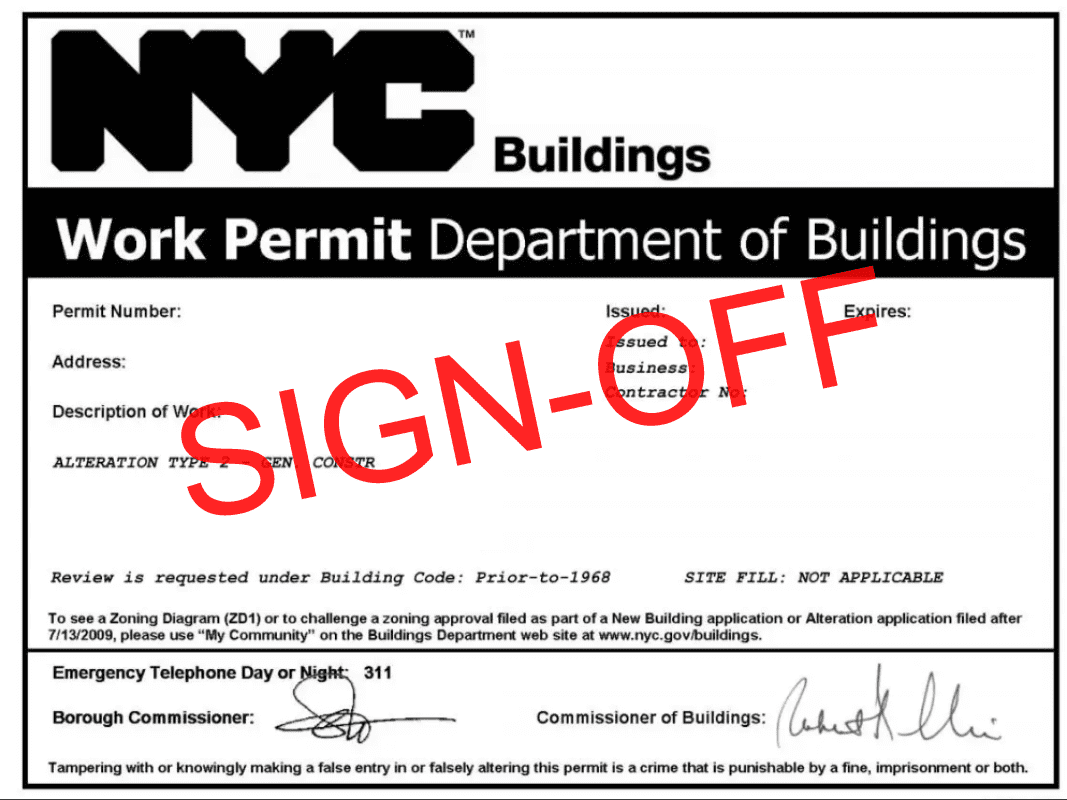
When seeking approval for a permit in New York City, you may be required to close an open permit.
Typically, this applies to construction projects taking place on previously constructed buildings.
Depending on the nature of the project, approval from various agencies may be required to secure approval and close an open permit.
To ensure that your open permit can be closed successfully, it is important to understand the legal requirements ahead of time.
What Is Expediting In Construction?

Expediting in construction is the process of making sure job sites, buildings, and several city agencies are connected efficiently to fulfill clients’ project needs.
It involves communication between architects, engineers, developers, and homeowners to ensure that jobs are done quickly and efficiently.
In addition to communication, expeditors use certain matrixes to keep coordination tight and organized.
This helps prevent delays when building or remodeling jobs get out of hand.
Clients can trust that expediting will provide a quality service with minimal surprises during all construction phases by taking proactive actions for their job sites.
How Do You Expedite A Construction Project?
There are multiple ways expediters “expedite” a construction project. It is a common misconception that expediters waive their IDs, and then approvals magically happen overnight.
The best expediters are masters at communication, specifically with professional architects or engineers.
Due to their vast experience with filing projects and reviewing building codes, they catch mistakes made by professionals!
Yes, professional RAs and PEs regularly make mistakes, but the best expediters are proactively looking for these and course correct before the ship sails off into the night.
What Are The Duties Of An Expeditor?

The textbook answer would be to file a job with varying city agencies, depending on your scope of work.
The real answer is a NYC expeditor should be the glue between all parties who are involved, keeping everyone moving towards approvals, permitting, and sign-offs.
Is the architect taking his/her sweet time and not providing speedy service? Great expediters hold them accountable for procrastination on their end.
When it comes to the contractor, they can cause delays because they don’t have the correct insurance in place or the appropriate construction endorsements for the work they were hired to perform.
If you’ve ever spoken to more then one expediter, you’ll notice that they are all not created equal.
Frequently Asked Questions
Do You Have To Go To School To Be A NYC Expeditor?
You don’t require a degree to be an expediter Class 1, but do require a 4 year degree in architecture or construction field to be a Class 2. This requirement is roughly 10-12 yrs old, prior expediters were grandfathered in.
Can An NYC Expeditor Work From Home?
There are a lot of different tasks that can be done via the online BIS system and DOB NOW portals. There are still some actions that require a physical presence at the municipalities, example is Department of Finance.
Can I Have One NYC Expeditor Coordinate With Every City Agency?
There are a few expeditors who literally go to each and every separate city agency, but more common is an expeditor who sticks to one municipality. This can be one who strictly only works with the DOB, LPC, DOT, Finance, FDNY or Parks Department.
How long does a NYC DOB Expeditor license last for?
Currently expeditor licenses are good for three years. Once it comes time to renew your expeditor license, you’ll have to submit paperwork and an affidavit stating you’ll take future trainings provided by the Buildings Deparment.
Do NYC Expeditors Have To Take A Test?
There is currently no test required to become an expeditor. The DOB is changing this and will soon require some sort of training to become an expeditor and also keep your license current.
Can A NYC Expeditor Sign Plans?
No, only a registered architect or engineer may sign and seal plans. While an expediter is not liable for what is shown on the plan, an expediter can be held responsible if they knowingly submit falsified documents.
Final Thoughts
Ultimately, it’s important to remember the vital role a NYC expeditor can play in managing any project.
If you don’t already have one, consider investing in one as soon as possible.
Not only will an expeditor provide invaluable insights and experience, but they’ll also be able to keep your project on track for a much lower cost than alternative management methods.
If you already have an expeditor and aren’t happy with their services, now is the time to speak up.
Speak with them about what needs improvement, reach out to new ones for a quote on a better job – do whatever it takes to ensure you end up with an experienced and capable expeditor on your side who knows how to get the job done right.
How does your expeditor stack up? If you reach out, I already know…
